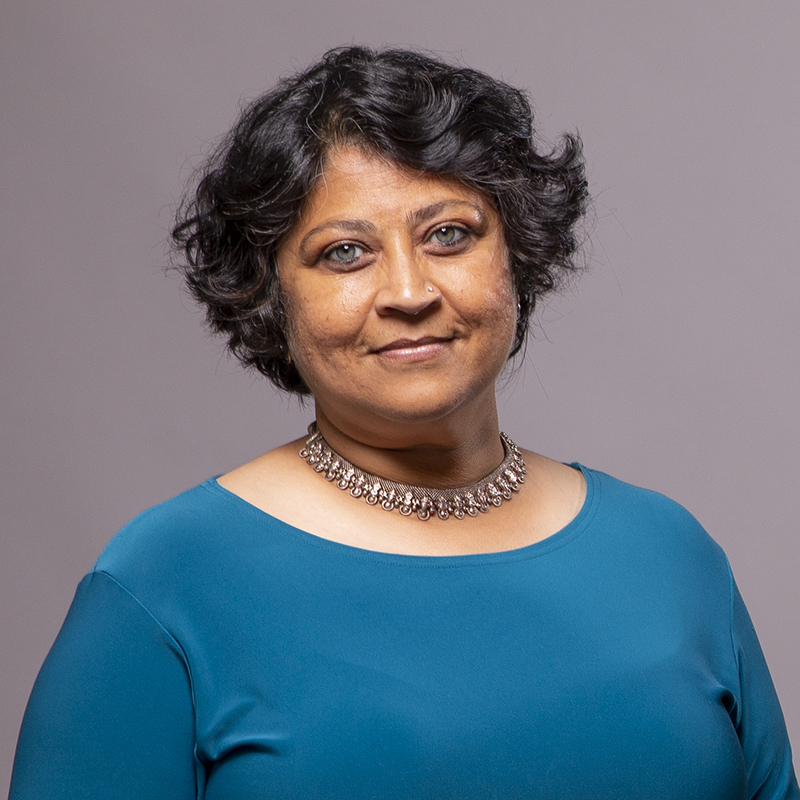Keynote Speakers
Professor Scott Freeman (University of Washington, USA)

Scott Freeman grew up in Wisconsin and received a B.A. in Biology from Carleton College in 1978. After working in environmental education and international conservation for six years, he did graduate work at the University of Washington on the molecular systematics and morphological evolution of blackbirds and received a PhD in zoology in 1991. He had a Sloan Fellowship to support a post-doctoral fellowship in molecular evolution at Princeton University, then returned to the University of Washington as Director of Public Programs at the Burke Museum. Since the mid-1990s his focus has been on textbook writing, teaching, and discipline-based education research. He co-authored Evolutionary Analysis and was sole author of Biological Science, each through four editions—the texts are now in their 6th editions—and recently published his first book for a general audience, Saving Tarboo Creek. He is currently Lecturer Emeritus in Biology at the UW, where he conducts research on how active learning techniques impact student performance. He is a recipient of a UW Distinguished Teaching Award.
Professor Nilanjana Buju Dasgupta (University of Massachusetts, USA)

Nilanjana Buju Dasgupta is a Professor of Psychology and the inaugural Director of the Institute of Diversity Sciences at the University of Massachusetts, Amherst. She received her Bachelor’s degree from Smith College and a PhD in psychology from Yale University. Her research is on implicit bias with emphasis on the how to change such forms of bias. She is particularly interested in evidence-based solutions to overcome implicit biases in ways that allow girls, women, and underrepresented students to thrive in academic and career trajectories in science, technology, and engineering.
Dasgupta’s research has been funded by the National Science Foundation, including the NSF CAREER award, and several other grants from the National Institutes of Health and the American Psychological Foundation. She received the Application of Personality and Social Psychology Award from the Society for Personality & Social Psychology, the Distinguished Academic Outreach Award in Research, the Chancellor’s Award for Outstanding Accomplishments in Research and Creative Activity, and the Hidden Bias Research Prize awarded by the Level Playing Field Institute, a private foundation based in Silicon Valley. She has given a distinguished faculty lecture at the NSF and an invited presentation at a White House roundtable during the Obama administration on the inclusion of underrepresented youth in science and technology. In 2015 Dasgupta was invited to participate at a White House Next Gen High School Summit convened by the White House Domestic Policy Council and Office of Science and Technology Policy. Dasgupta serves on the National Science Foundation’s Advisory Committee for Social, Behavioral, and Economic Sciences.
She has a passion for translating scientific research to inform and help solve social problems such as gender and race disparities in STEM pathways. She has presented this work to K-12 audiences, university leaders, tech leaders, policymakers on Capitol Hill, and at a White House roundtable during the Obama administration. Dasgupta’s research has been featured in the New York Times, Boston Globe, The Atlantic, International Herald Tribune, London Times, National Public Radio, PBS, ABC News, Scientific American Mind, Slate.com, and many other popular news outlets.
Professor Samuel Greiff (University of Luxembourg, Luxembourg)
![]()
Prof Dr Samuel Greiff is head of research group, principal investigator, and Full Professor of Educational Assessment and Psychology at University of Luxembourg. He holds a PhD in cognitive and experimental psychology from the University of Heidelberg, Germany. Prof Greiff has been awarded several national and international research funds by diverse funding organizations and has published articles in national and international scientific journals and books He has been and continues to be involved in the Programme for International Student Assessment (PISA) and in the Programme for the International Assessment of Adult Competencies (PIAAC). He has been working for several years in the field of educational assessment and educational technology. In this, he also takes strong interest into the use of log file data and learning analytics for summative and formative assessment purposes.

